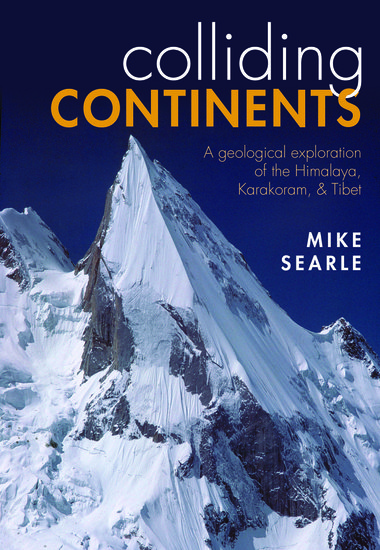Nelson Mandela: a precursor to Barack Obama
Not long before Barack Obama was first elected President of the United States, in October 2008, the African American novelist Alice Walker commented that the then still Senator Obama, as the leader in waiting of the most powerful nation on earth, might be regarded as a worthy successor to the towering figure of Mandela. She discerned within the American leader’s authoritative and crusading self-presentation the template of Robben Island’s most famous one-time resident.







